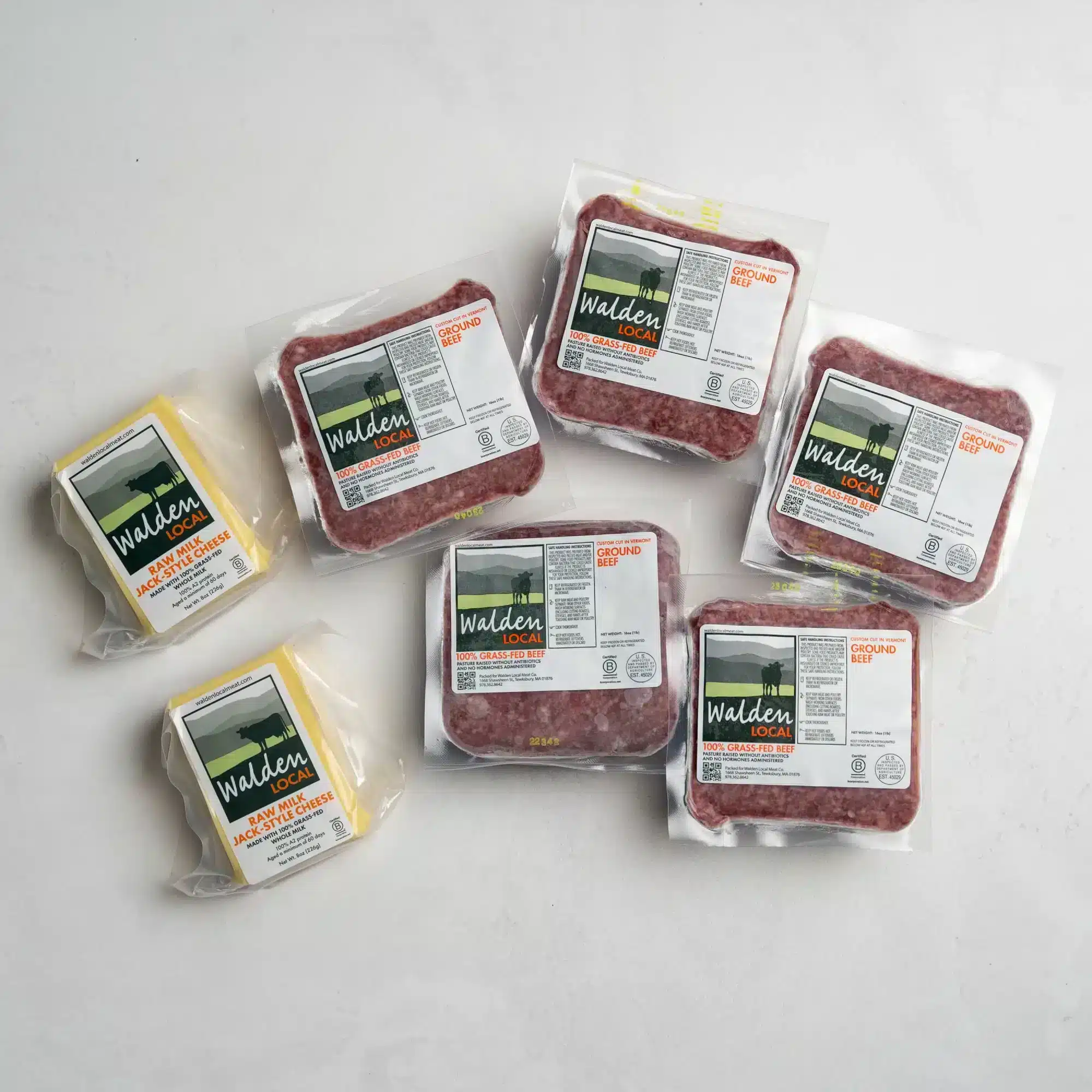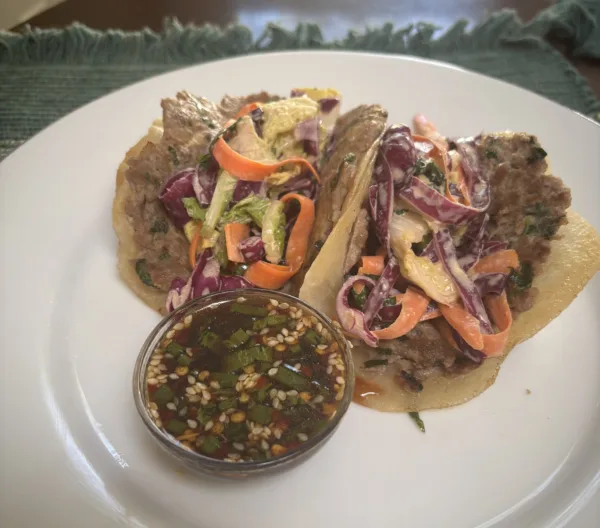“I’m All Lost in the Supermarket” – The Clash

Even the most conscious buyer today can have a hard time decoding food labels. When it comes to beef, you might see terms such as “all natural”, “pasture-raised”, “organic” and “grass-fed.” With so many similar terms, how can we navigate the infinite array of claims in the supermarket aisle?
Historically, product claims tend to follow a pattern. Small farms and producers start using a term, such as “organic.” Sales begin to pick up, larger companies take notice… and begin employing the term as well. Soon the USDA gets involved to begin regulating the term, to prevent companies from using misleading claims, and to ensure customers are able to differentiate products. The USDA’s definition is formed after intense lobbying from industry, so the original small producers are usually unsatisfied with the broad definition that regulators settle on, so they begin using a new term to further differentiate their products… and the cycle begins anew.
The term “organic” is now heavily regulated by the USDA. In order to use the label, organic food must contain at least 95% organically produced ingredients. Yet, even organic ingredients are allowed to use approved synthetic chemicals in their production. Organic beef can also still be raised in a manure filled feedlot and fed corn – there is really nothing “organic” about it.
“100% grass-fed” is also a highly regulated term, requiring that cattle be exclusively fed grass or forage – no corn or grains. Importantly, the USDA also now requires “continuous access to pasture during the growing season” to use the term – so that cattle cannot simply be fed hay in a feedlot setting. It does not however, prohibit the use of antibiotics or hormones.
“No antibiotics or hormones” is also a regulated term that means the animal was never fed or injected with any kind of hormones or antibiotics. In beef, growth hormones are perfectly legal – so it is important to look for this on a label. It is interesting to note that many people attempt to market “hormone-free” pork, but the USDA requires them to also include small print that admits that hormones are illegal in US pork production. Unfortunately many consumers are misled into believing that “hormone-free” pork is somehow different from any other US pork, but this is not the case!
“Pasture raised” is a newer term, sometimes employed by small producers to mean that the cows ate only grass from the fields in which they were grazing. Unfortunately the USDA has not yet defined the term as meaning “100% grass-fed” – and we see many other folks using this label to imply this, despite finishing their animals on a corn diet! Lookout for corn-fed “pasture-raised” beef that was raised on a nice rolling pasture of… dirt.
“All natural” is essentially meaningless – in the case of meat, it means only that the meat was minimally processed and that it has no added ingredients after slaughter. Beef fed antibiotics, growth hormones, and corn in a manure-filled feedlot can be – and often is – stamped “100% all natural.”
At Walden, we’ve created detailed supplier affidavits for each of our products, which allow for our customers to have a deeper understanding of what we require of all of our farm partners than what we could print on a label. Other buyers should beware of products like “farm fresh all natural beef”!
Related Posts

Grass-Fed Classic Eggnog
A rich and creamy eggnog made with Walden’s milk and eggs.

Cooking Your Pasture-Raised Turkey
The difference between a Thanksgiving turkey raised outdoors on pasture and one raised inside in confinement is significant.

Smash Dumpling Tacos with Walden Pork
A novel (and delicious!) way to use ground pork in your weeknight rotation.